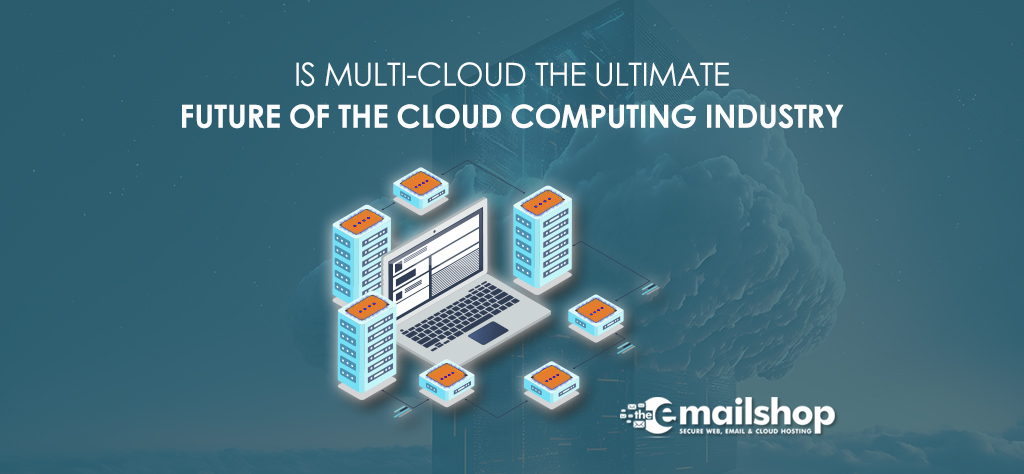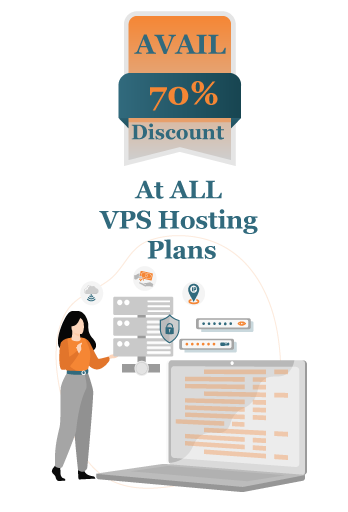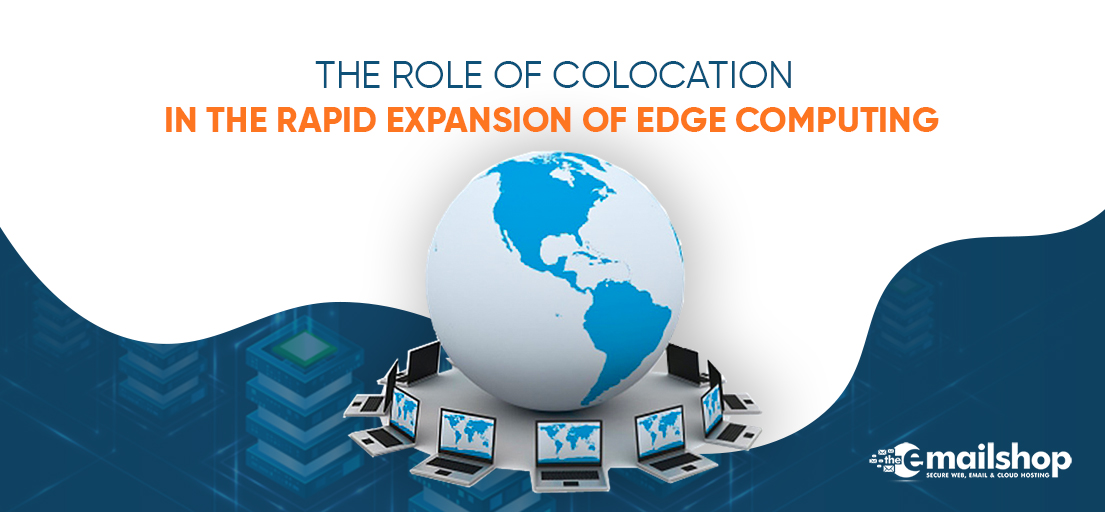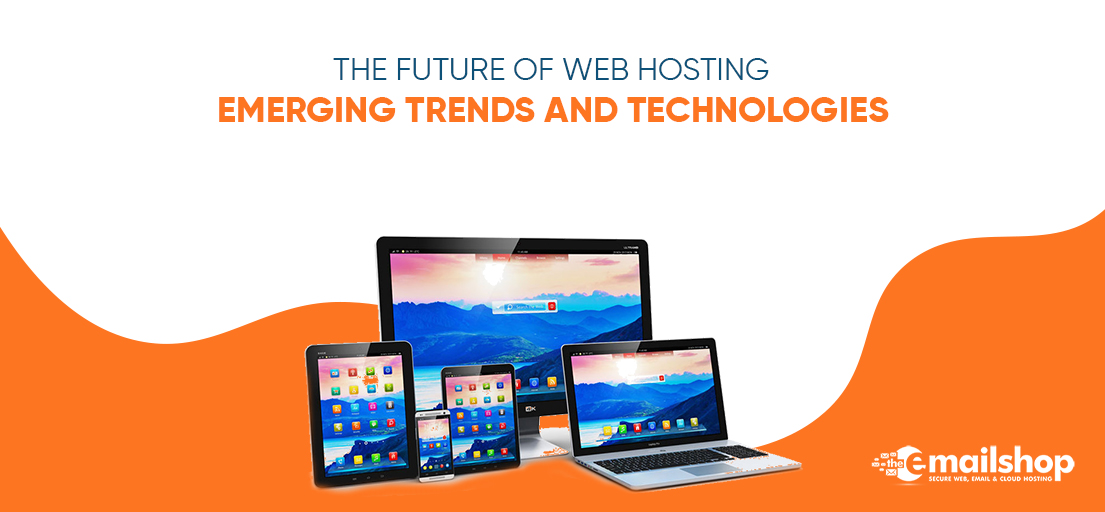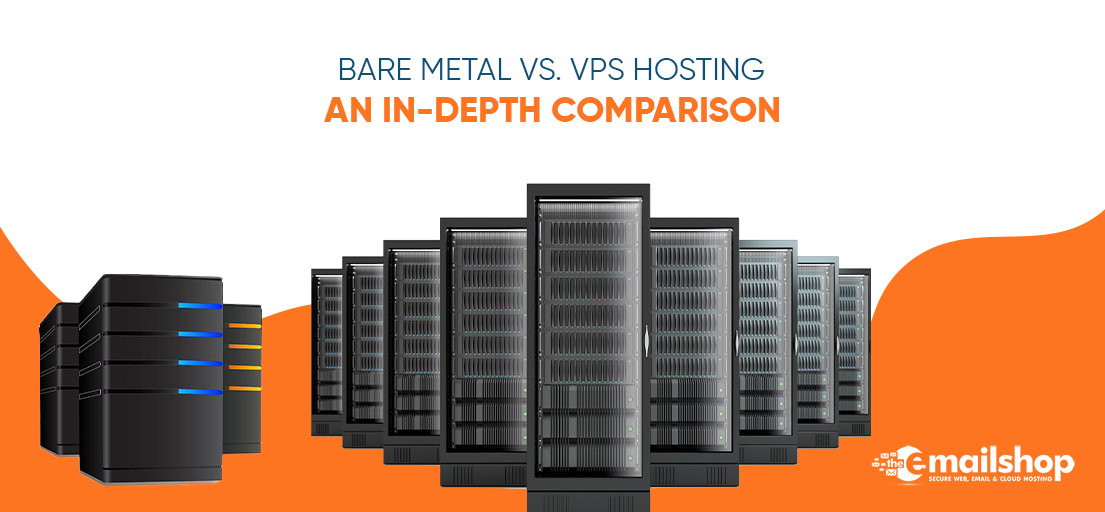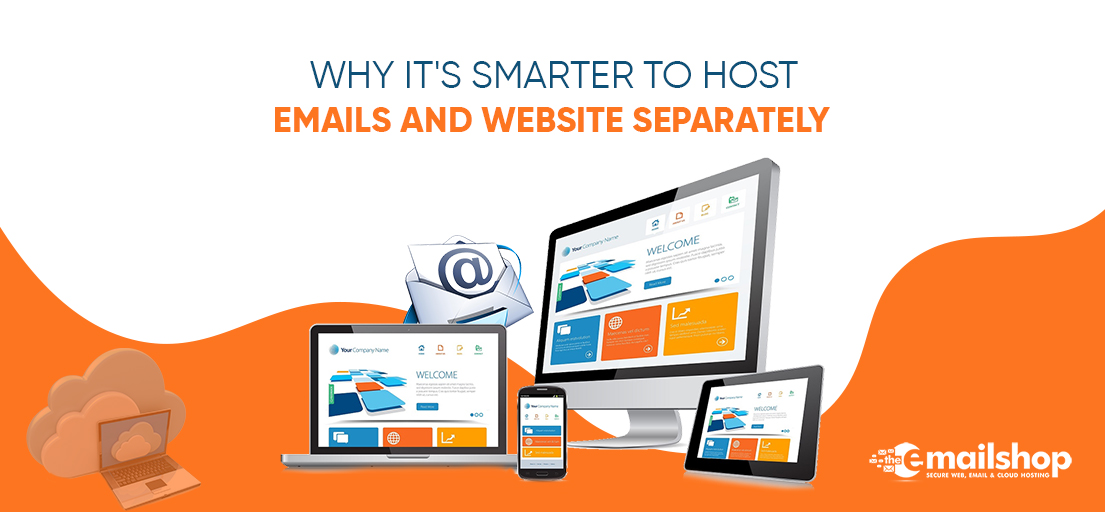Recent years have seen a significant shift in the cloud computing industry from straightforward single-cloud deployments to more complex and flexible multi-cloud systems. Utilizing different cloud service providers (CSPs) strategically allows for utilizing their unique offers, competencies, and geographic presence. This approach has become very popular, igniting discussions about how it may ultimately affect the cloud computing industry. The concept of multi-cloud is examined in this article, along with potential implications for how cloud computing may evolve in the future.
The Concept of Multi-Cloud
Multicloud refers to using services from multiple public cloud service providers at once. In a multi-cloud scenario, your cloud environments might be either private, public, or hybrid. A multi-cloud strategy’s main objective is to give you the freedom to choose the appropriate computing environment for each work.
How Does Multi-Cloud Work?
Any combination of public clouds, private cloud deployments, and conventional on-premises infrastructure can be used by organizations that choose a multi-cloud architecture. These environments don’t necessarily need to be interconnected.
With a multi-cloud strategy, businesses can select the services they want from each cloud provider depending on price, technical specifications, geographic accessibility, and other considerations. Using GCP for development/test environments, AWS for disaster recovery, and Microsoft Azure for business intelligence workloads, for instance, are just a few examples of the options available to a firm.
Multi-Cloud vs Hybrid Cloud: What’s the Difference?
Hybrid cloud and multi-cloud are occasionally misunderstood. However, there are important distinctions between the two. Combining public, private, and/or on-premises platforms with some orchestration or integration between these environments constitutes a hybrid cloud strategy.
Contrarily, multi-cloud involves the deployment of systems on cloud infrastructure from a variety of different suppliers. It doesn’t necessarily call for integrated or coordinated activities across several cloud environments.
The Rise of Multi-Cloud
Traditional cloud deployments frequently relied on just one CSP, which restricted organizations’ flexibility, scalability, and concerns about vendor lock-in. These constraints are being addressed by the development of multi-cloud architecture, which gives companies the option to diversify their cloud service providers. Improvements in cloud interoperability, containerization, and the demand for optimized task allocation have all contributed to this development.
Advantages of Multi-Cloud
Enhanced Flexibility
Organizations can use multi-cloud to choose the best cloud platforms for particular workloads and applications by utilizing special capabilities, different pricing options, and regional coverage. It offers resource allocation that is dynamic and allows for easy integration with the current infrastructure.
Reduced Vendor Lock-In
Businesses can reduce the risks associated with service interruptions, price adjustments, or strategic shifts by using multi-cloud strategies because they won’t be completely dependent on a single CSP. The flexibility to swap providers gives businesses more negotiating leverage and guarantees ongoing service availability.
Improved Resilience and Redundancy
Multi-cloud architectures offer effective capabilities for disaster recovery. Workload distribution over several clouds minimizes downtime and protects against potential outages or infrastructure failures, providing business continuity.
Optimized Performance
Selecting the best provider for each unique workload is achievable since different CSPs have different strengths and shortcomings. Organizations can boost performance and provide better user experiences by utilizing geographically dispersed data centers and low-latency connectivity.
Challenges and Considerations
Complexity and Management
Governance, security, and monitoring are complicated when managing many CSPs. To make operations more efficient, organizations must create thorough management strategies, put in place consistent security procedures, and use specialized tools.
Data Integration and Portability
As different cloud platforms use different APIs, data formats, and storage systems, it can be difficult to migrate data and applications between them seamlessly. When implementing multi-cloud architectures, ensuring interoperability and data portability are crucial factors to take into account.
Security and Compliance
To protect sensitive data and uphold regulatory compliance, operating across various clouds demands strong security measures. In order to secure data privacy across all cloud environments, organizations must set consistent security policies, monitor access, and authenticate users.
Future Trends and Outlook
Hybrid Multi-Cloud
A hybrid multi-cloud strategy, where businesses integrate public and private clouds with on-premises infrastructure, is most likely to be used in the future of cloud computing. With this hybrid architecture, firms may more easily strike a balance between security, control, and cost-effectiveness based on their particular needs.
Edge Computing Integration
Multi-cloud architectures will connect with edge nodes and devices as edge computing becomes more popular, providing real-time processing, lower latency, and better performance. Applications’ capabilities will be improved by this integration, especially in fields like the Internet of Things, driverless vehicles, and augmented reality.
AI and Automation
Automation and artificial intelligence will be essential to operating multi-cloud settings successfully. Workload optimization, resource allocation, security monitoring, and cost management are all areas where AI-driven solutions may help maximize the advantages of multi-cloud systems.
You May Also Like To Read: Cloud Hosting vs VPS Hosting
As final observations
Multi-cloud is emerging as the ultimate future of the cloud computing industry due to the demand for flexibility, resilience, performance optimization, security, and compliance. Organizations can utilize the best features and capabilities of many cloud providers by establishing a multi-cloud approach.
Here at Email Shop, we fully commit to helping you achieve your IT transformation goals and successfully leverage cloud platforms to drive competitive advantage and innovation. Please visit us for more details on how we can assist you in securing your multi-cloud future.
For Discount and Offers, Visit our Official Twitter Page

